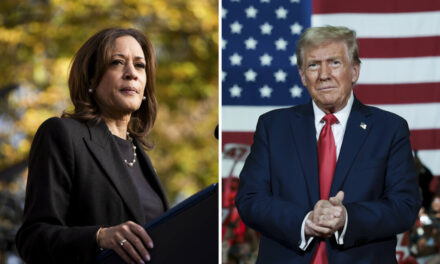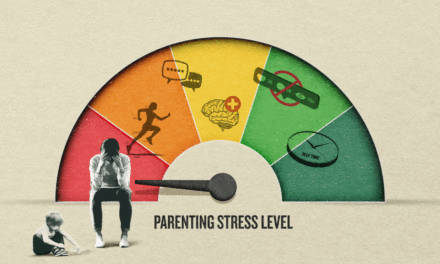We support our Publishers and Content Creators. You can view this story on their website by CLICKING HERE.
‘If you choose to vote by mail, please mail early as every day counts,’ the agency says.
In a news release on Monday, the USPS said that “voters who choose to vote by mail do so soon” because of “an uptick of ballots in the mail over the coming days.”
“Postal Service employees are working to ensure the ballots of every individual who chooses to vote by mail are delivered quickly and securely,” the Postal Service added. “As in past elections, the Postal Service is ready to deliver your ballot on time. But don’t delay. If you choose to vote by mail, please mail early as every day counts.”
Describing the practice as a “common-sense measure,” the USPS added in a statement that ballots need to be mailed “before Election Day and at least a week before their election office needs to receive them.” Tuesday, Oct. 29, is exactly seven days from the Nov. 5 election.
The mail service said that since Oct. 21, it has been using “extraordinary measures” during this election because it expects an influx of ballots in the upcoming days.
Those measures include more deliveries and collections, specialized sort plans at processing centers, local handling and transporting of ballots, and special pick-up dates.
“The most common reason that a mailpiece is returned to sender is poor address quality, but we are working to ensure that whatever the cause, we resolve the issue quickly,” DeJoy wrote on Sept. 13.
Most states only count mail-in ballots if an election office receives them by the close of polls on Nov. 5. Several states—including Nevada, Pennsylvania, Illinois, and North Dakota—accept ballots that are received after Election Day.
Nevada’s Supreme Court on Monday, meanwhile, upheld a state law that allows election officials to count mail-in ballots that are received as many as three days after the Nov. 5 contest without a postmark. The law was challenged by Republicans, although their arguments were rejected by a majority of state Supreme Court justices.
The justices noted that “there is no principled distinction between mail ballots where the postmark is ‘illegible’ or ‘smudged’ and those with no postmark—in each instance, the date the mail ballot was received by the post office cannot be determined.”
A spokesperson for the Republican National Committee (RNC) disagreed with the state court order, telling The Epoch Times on Monday that it goes against the state law.
“Requiring ballots to be postmarked on or before election day is a critical election integrity safeguard that ensures ballots mailed after election day are not counted. It is also a requirement of Nevada law,” spokeswoman Claire Zunk wrote in an email.
“By allowing Nevada officials to ignore the law’s postmark requirement, the state’s highest court has undermined the integrity of Nevada’s elections.”

 Conservative
Conservative  Search
Search Trending
Trending Current News
Current News 







